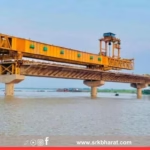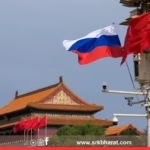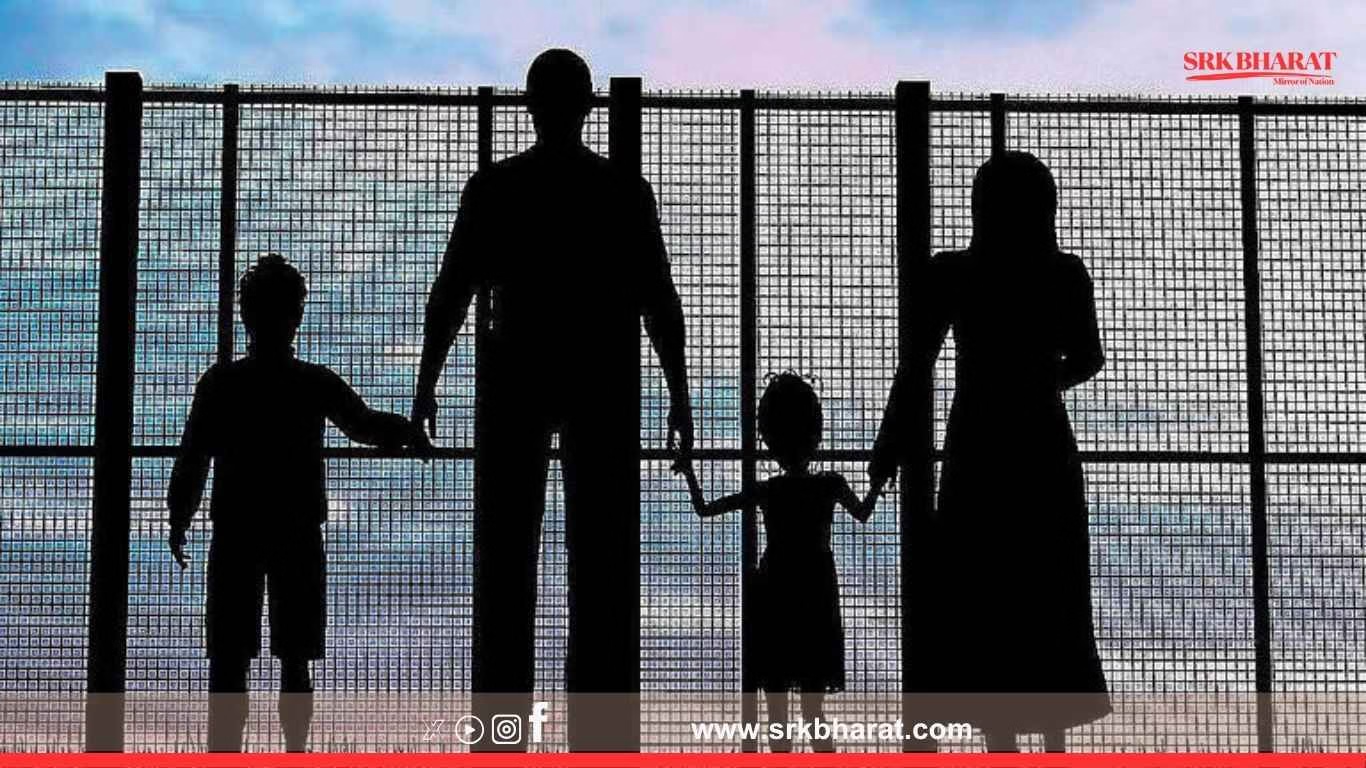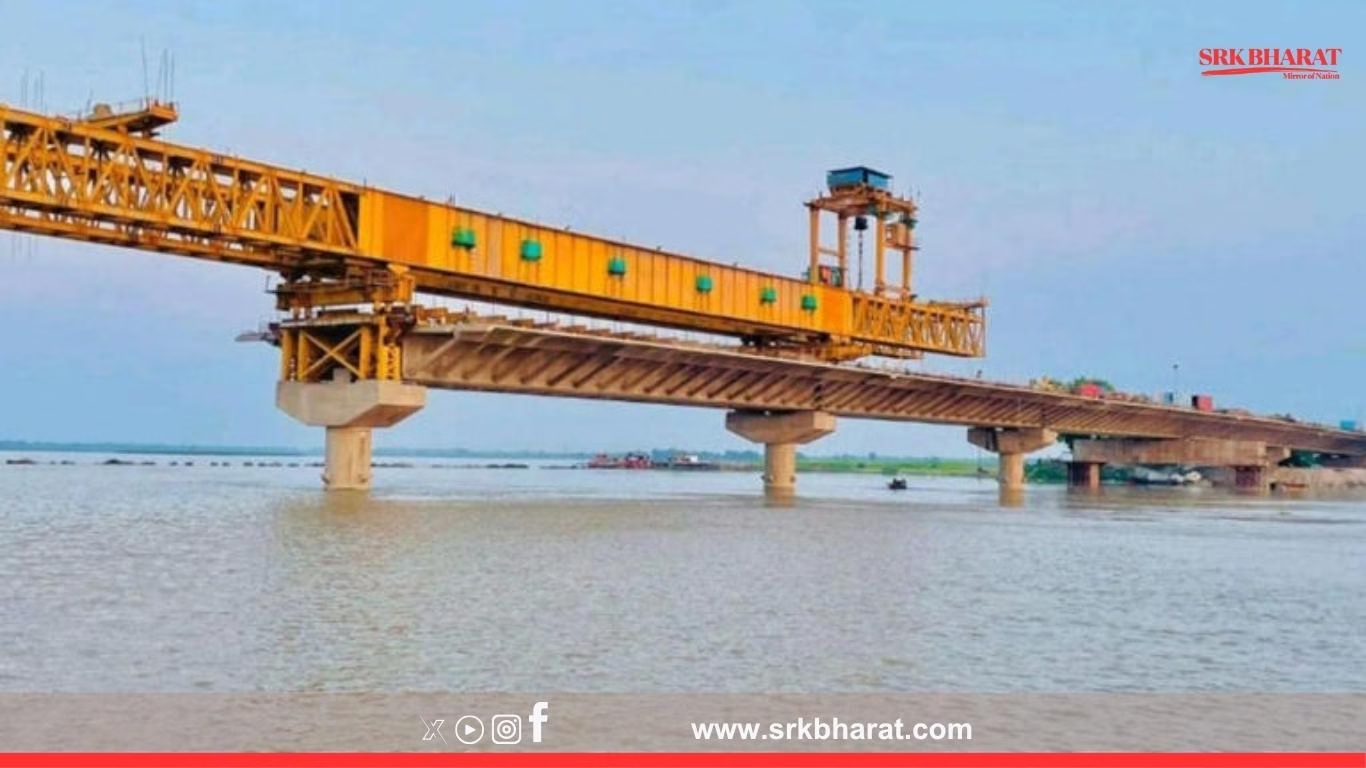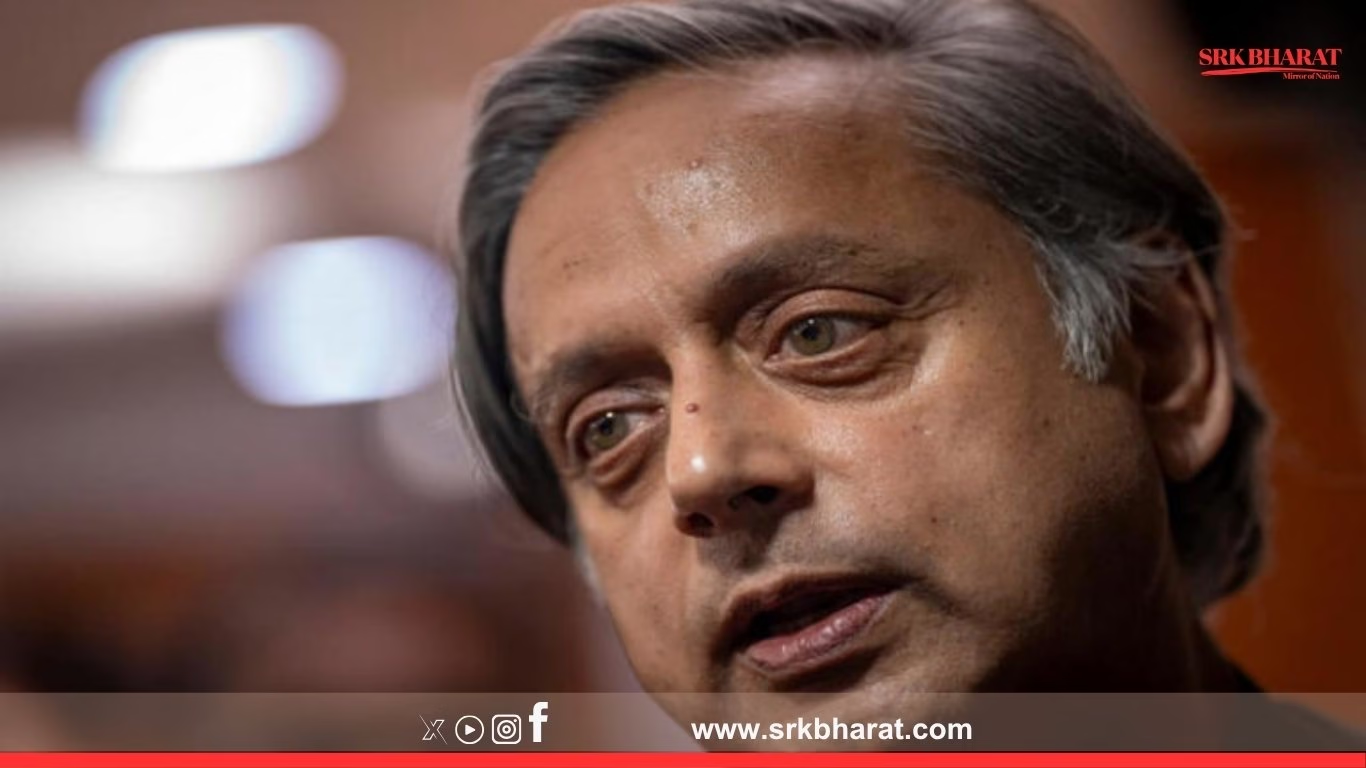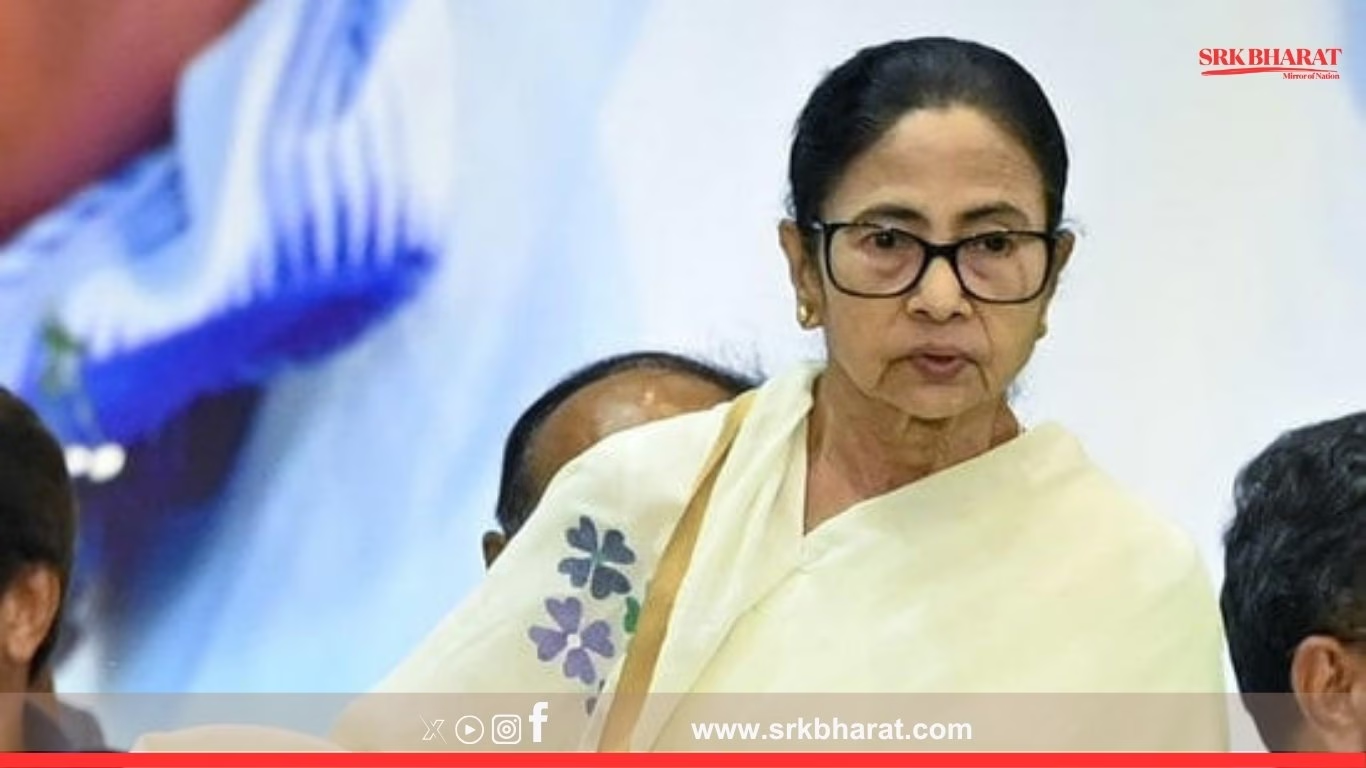In a significant move with deep security and socio-political implications, the Odisha government has detained at least 448 individuals identified as illegal Bangladeshi and Rohingya migrants across multiple districts. This follows a state-wide verification drive ordered after intelligence inputs flagged the growing presence of undocumented foreign nationals in coastal and interior regions, raising concerns over potential demographic changes and security threats.
Drive initiated amid national concerns
The action aligns with the Union Home Ministry’s advisory to states bordering Bangladesh to identify and deport illegal immigrants, citing risks ranging from human trafficking to terror network linkages. Odisha, though not sharing a direct border with Bangladesh, has seen an influx over decades via West Bengal and Assam routes, with settlements emerging in industrial belts, construction hubs, and coastal towns.
Key facts of the detentions
| Particulars | Details |
|---|---|
| Total detained | 448 persons |
| Regions covered | Bhadrak, Kendrapara, Jagatsinghpur, Cuttack, Balasore, Khurda |
| Major groups | Bangladeshis and Rohingyas |
| Action initiated by | Odisha Police and Intelligence Wing |
| Charges | Violation of Foreigners Act; illegal entry and stay |
Details of the operation
The week-long verification drive involved coordination between district administrations, local police stations, state intelligence, and central agencies such as the Intelligence Bureau. Fingerprint matching, Aadhaar verification, and interrogation formed the backbone of the identification process.
A senior home department official stated:
“We received inputs about foreigners settling illegally, some with forged identity documents. Verification was necessary for national security and to maintain demographic integrity.”
Government’s stance
Odisha Home Secretary Satyabrata Sahu clarified that:
- Due legal process under the Foreigners Act and Passport (Entry into India) Act is being followed.
- The detainees are under judicial and administrative custody pending deportation clearance from the Ministry of External Affairs and MHA.
- Priority is being given to humane treatment, medical checks, and logistical arrangements in detention camps.
Rising Rohingya settlements flagged
Intelligence reports suggest a gradual influx of Rohingya refugees from Bangladesh’s Cox’s Bazar camps to eastern India, facilitated by organised trafficking networks. Odisha Police suspect some local agents may have facilitated their employment in:
- Brick kilns and stone quarries
- Fishing and prawn hatcheries
- Informal construction labour
Security experts’ concerns
Former Additional DG (Intelligence) A.K. Mohanty noted:
“Rohingya groups are vulnerable to exploitation by radical elements. While most seek survival, global terror networks have used refugee camps for recruitment, fundraising, and logistical support.”
He urged robust biometric registration and a national refugee policy to balance security with humanitarian obligations.
Political reactions
- BJP Odisha unit welcomed the drive, stating it aligns with the party’s national policy to deport illegal migrants who strain public welfare resources.
- Opposition Congress leaders urged the government to ensure human rights are protected and legal aid is provided where applicable.
- Minority rights groups have asked the government to coordinate with UNHCR and central ministries before deportation to ensure compliance with international humanitarian conventions.
Timeline of recent actions
| Date | Event |
|---|---|
| July 2, 2025 | Odisha Police received intelligence inputs on illegal settlements. |
| July 3-5, 2025 | District verifications conducted; documents scrutinised. |
| July 7, 2025 | State government issued deportation process notification. |
| July 8, 2025 | Total detainee count reaches 448 as per official statement. |
Past precedents in eastern India
Odisha’s current action mirrors drives in:
- Assam – Ongoing NRC-based verifications and detention camps for declared foreigners.
- West Bengal – Periodic crackdowns near border districts; deportation challenges remain.
- Tripura – Sporadic deportation of Bangladeshi nationals via Agartala-Akhaura border.
Humanitarian groups’ response
Human rights organisations have highlighted the need to distinguish between economic migrants and refugees fleeing persecution. Rohingya Muslim groups have been designated as ‘stateless people’ by the UN due to Myanmar’s citizenship laws.
A representative of a Bhubaneswar-based NGO said:
“We demand the state ensures detainees are not subjected to inhumane conditions. Children, especially, must be treated with utmost care and provided education and health facilities.”
Possible implications for Odisha
- Labour shortage: Industries employing low-wage migrant workers fear disruptions if mass deportation proceeds without alternative local workforce arrangements.
- Communal polarisation: Experts warn political narratives around illegal migrants can trigger communal sentiments in coastal Odisha districts with a delicate demographic balance.
- International diplomatic handling: Deportation of Rohingyas to Myanmar requires coordination with UN bodies, while Bangladeshi deportation needs Dhaka’s consent.
Broader national context
Union Home Minister Amit Shah has repeatedly emphasised that illegal immigrants pose a threat to India’s security and economy. The Citizenship Amendment Act (CAA), notified earlier, does not cover Muslim Rohingyas or Bangladeshi Muslims, thus limiting their legal options for citizenship or asylum under Indian law.
Way forward
Legal experts recommend:
- Fast-tracked diplomatic dialogue with Bangladesh and Myanmar for deportation logistics.
- Ensuring compliance with Supreme Court guidelines on refugee and migrant detentions.
- Developing a robust refugee framework balancing national security with humanitarian commitments under the Refugee Convention.
Conclusion
Odisha’s detention of 448 Bangladeshi and Rohingya migrants marks one of the largest state-level crackdowns in recent years, reflecting rising national focus on the issue of illegal migration. As legal and diplomatic processes unfold, the move is likely to trigger intense debates on national security, humanitarian rights, and India’s approach to refugee management.
Disclaimer
This news content is based on official statements, security expert insights, and local reports. Readers are advised that final outcomes depend on judicial proceedings, central government directives, and diplomatic decisions pending between India, Bangladesh, and Myanmar.

